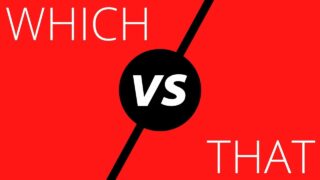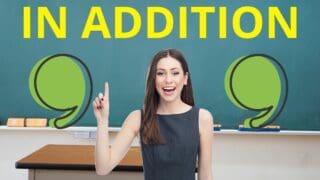Have you ever been stuck writing because you still need to double-check whether a comma is supposed to be inserted in between or among your words, phrases, and clauses? (To be clear, I’m not talking about Santa, okay? And he’s only one, so you can’t pluralize his last name.) And, have you ever wished of …
Grammar
One of a writer’s greatest weapons is his or her solid footing on grammatical concepts, including sentence structure, lexis, and stylistics. A writer connects his or her internal thoughts to the reader through textual characters that represent a whole unit of meaning. This whole unit of meaning can also be dissected in parts in order …
One of the frustrating things about English is that sometimes a word can be used in many different ways. This can be confusing if you are trying to figure out whether or not it needs a comma. Welcome” can be one of four different parts of speech, but fortunately, the rules about when to use …
When you say the words “I’m sorry” to someone, you are apologizing to them. That should be simple and straightforward, right? Of course, that isn’t the case when you are dealing with commas! The good news about commas and “sorry” is that using the comma wrong rarely affects comprehension. Knowing when “sorry” should be followed …
In this post, we’re going to talk about not one but two things many people are not very fond of: commas and the word “whom”! Comma usage can be confusing and seem inconsistent, so people often find comma rules frustrating. However, there really is a method to the madness of those rules! As for “whom,” …
Life is full of times when you need to compare one thing to another. Doing that clearly and concisely is easy when you use a word that is intended to do exactly that. Using the word “whereas” makes your comparison easy to understand. The word is versatile, too, because it can also refer to a …
If commas make you feel like tearing your hair out, you are not alone! Both native speakers and writers of English and language learners can get frustrated as they try to understand comma rules, which aren’t always straightforward and can be confusing. When it comes to a phrase like “in addition,” you need to pay …
One reason comma rules can be confusing is that sometimes commas are optional, or the rules vary based on the writing style a person is using. There are other comma rules that are very strict. If you do not follow them, your sentence will not make sense, or it will say something that you do …
The two words “according to” act as a single preposition. Although “according to” is always a preposition, it has more than one meaning. You have to determine which meaning it has in a sentence before you know whether or not to put a comma before it. Do you need a comma before “according to”? …









